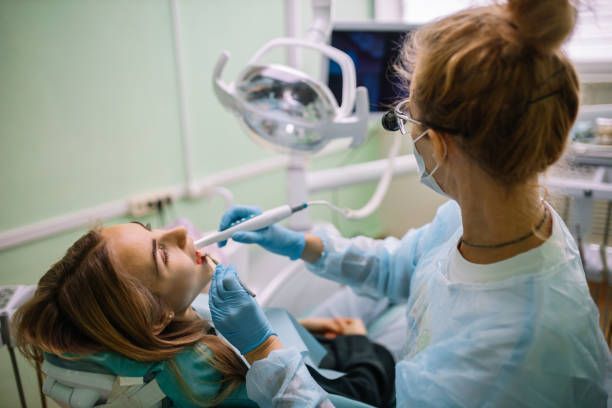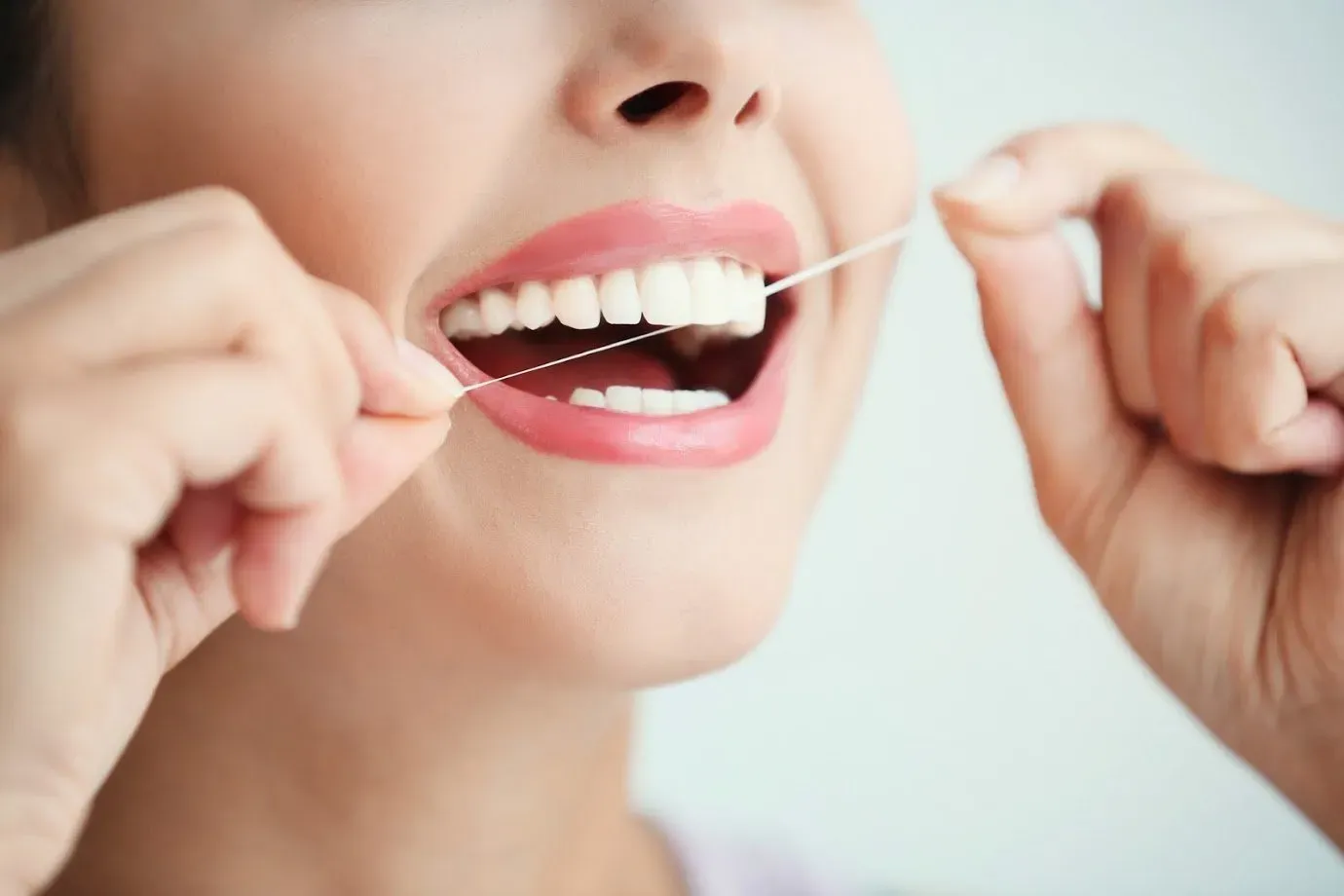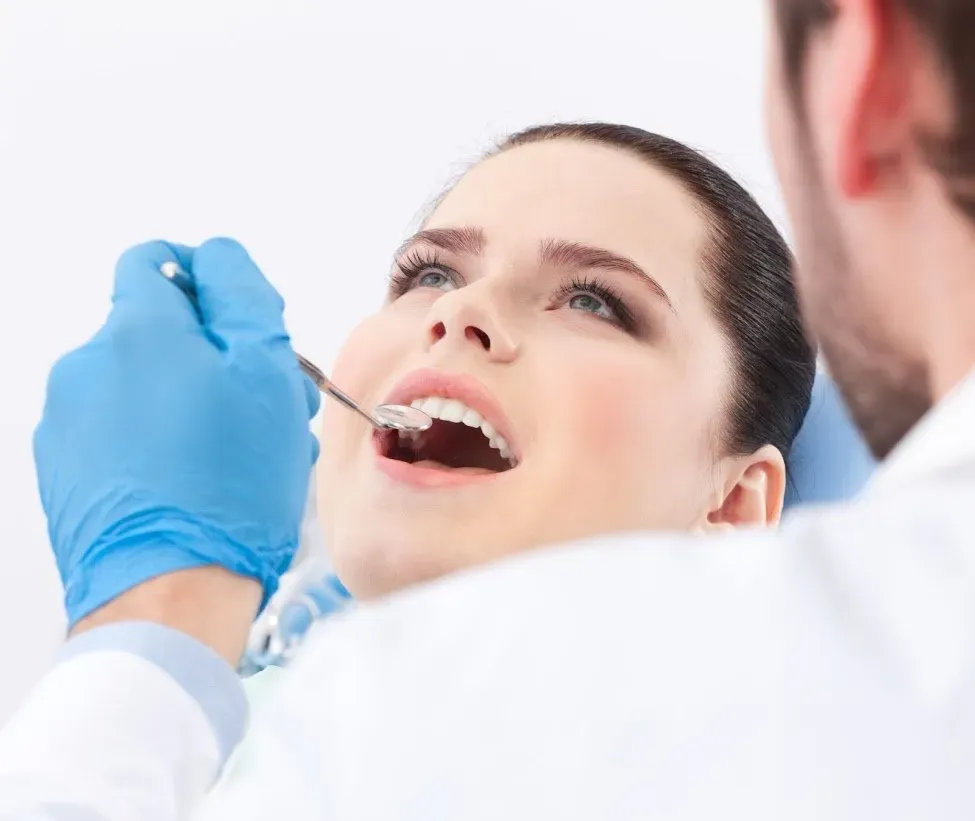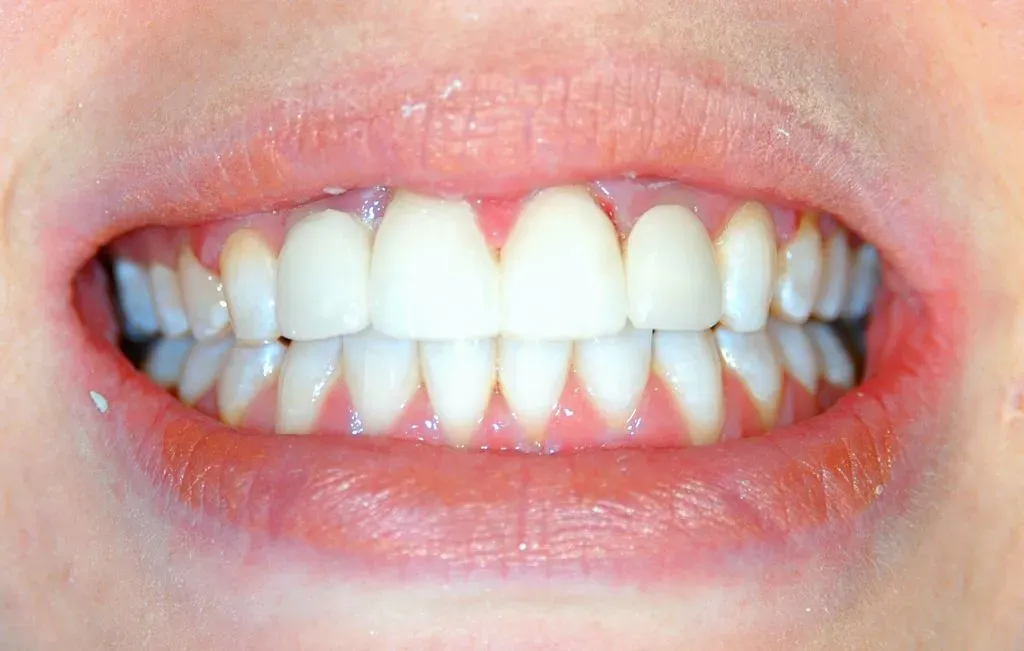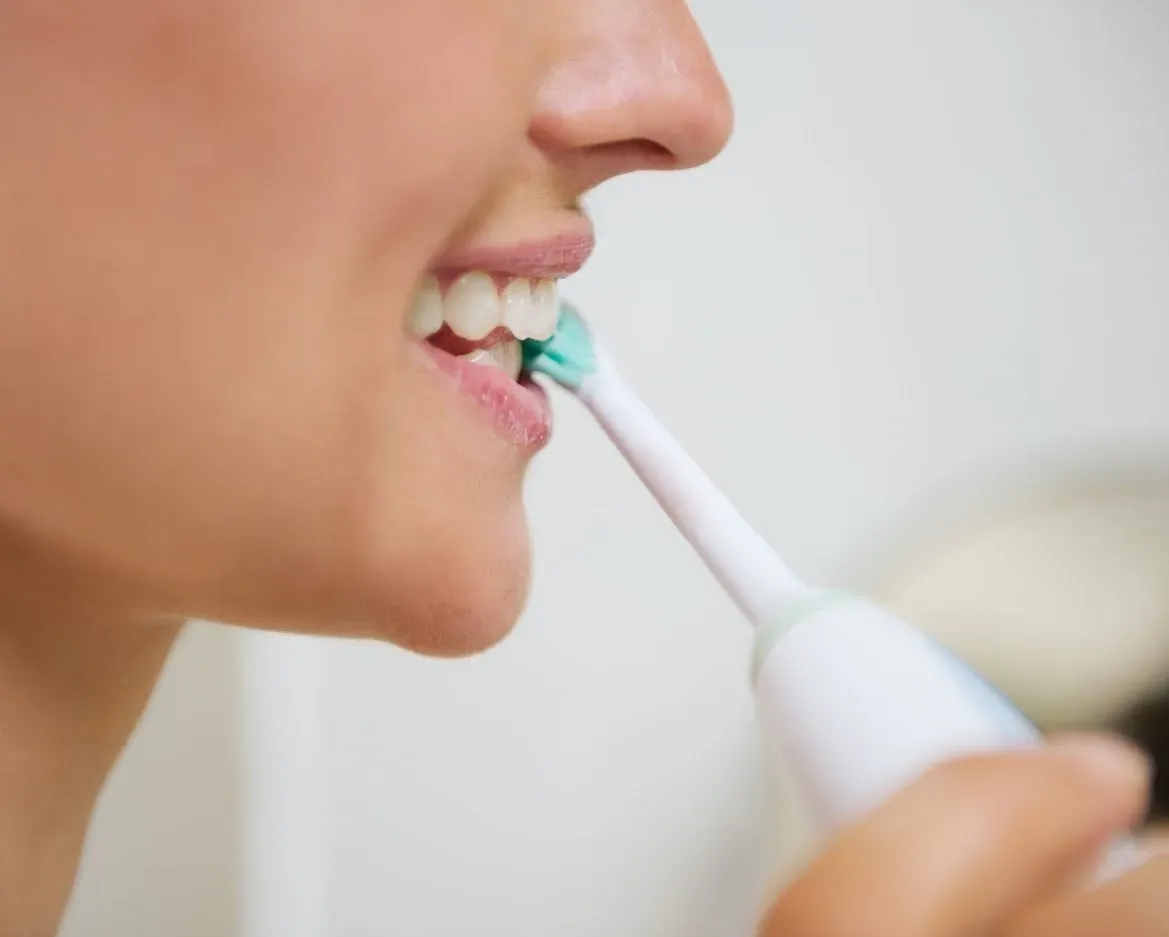5 Tips to Prevent Dry Socket After Wisdom Teeth Removal

After wisdom teeth extraction, you should do everything you can to avoid developing dry socket. Dry socket occurs when the clot in the empty tooth socket dislodges before the gum tissue beneath it has had a chance to heal. This exposes the damaged gum tissue, leading to sensitivity and a risk of infection. Follow these tips to reduce the risk of developing this painful condition.
1. Don't Smoke
Smoking dramatically increases the risk of dry socket. According to dentists, you should abstain from smoking for at least 72 hours after your wisdom teeth extraction. Your risk of complications is even lower if you can wait three or four days before you have your first cigarette.
If you think you are likely to struggle to avoid smoking for a couple of days, ask your doctor to prescribe a nicotine patch to keep cravings under control.
Consider treating your wisdom teeth extraction as an opportunity to stop smoking for good. If you can cut out cigarettes forever, you will have a much lower risk of developing serious oral health conditions such as gum disease, cavities and tooth decay. You will also enjoy fresher breath and a whiter smile.
2. Don't Touch the Socket
Touching the site of your tooth extraction can cause the blood clot to dislodge. Do not put your fingers in your mouth while the site heals. Try to avoid jabbing the site of the extraction with your toothbrush. Chew, brush and floss your teeth as gently as possible during the healing process.
3. Drink Water
Carbonated drinks such as cola increase the risk of dry socket. The bubbles in the soda increase the risk of the clot disintegrating before healing is complete. Very hot drinks can also cause sensitivity and interfere with healing. Even citrus juices, like orange juice and lemonade, aren’t recommended since they can irritate your tender gums. Stick to water for a few days to give your gum tissue time to heal.
4. Don't Use Straws
One of the lesser-known causes of dry socket is drinking through a straw. The suction created when you suck your drink through a straw can pull the clot right out of the gum. Drink directly from the cup or glass until the extraction site has finished healing.
5. Tell Your Dentist If You Take a Contraceptive Pill
Women who take a contraceptive pill that contains estrogen have a higher risk of developing dry socket than the average person. However, there are ways to reduce this risk. Your dentist may ask you to stop taking your pill for a few days before your wisdom teeth removal. If you take a break from your pill each month to have your period, you could have the extraction carried out then.
Let your dentist know that you take the pill, and they will discuss the options with you to let you know what would work best to reduce your risk.
Dry socket is a real but preventable risk of wisdom teeth extraction surgery. Getting your wisdom teeth taken out also has many advantages, such as reducing the risk of impaction and infection. Do not let fear of dry socket put you off wisdom teeth removal. Instead, talk to your dentist about the risks and benefits of wisdom teeth extraction to find out whether it is right for you.
To discuss wisdom teeth extraction, get in touch with Runcorn Dental today. Our dentists have a combined total of more than 25 years of experience. We are ready to discuss wisdom teeth removal and answer all your questions about how to care for your extraction site after the procedure.

